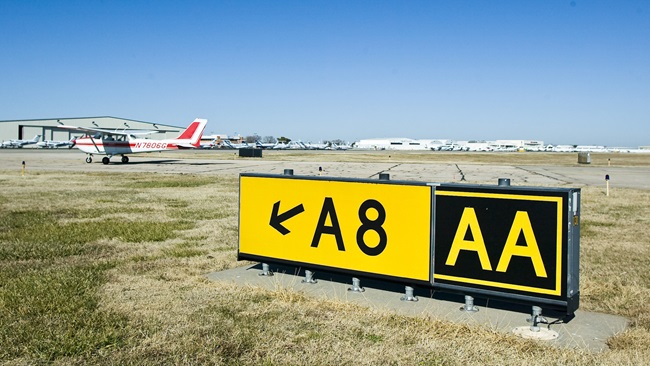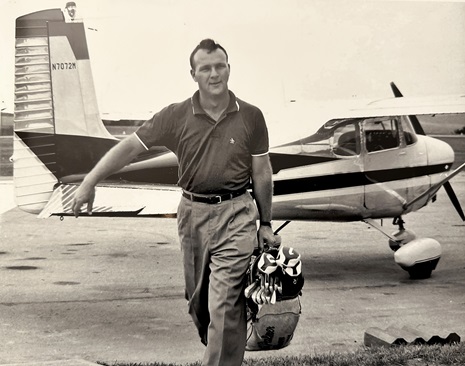Here’s a riddle: What job requires a private pilot certificate, but never asks you to leave the ground? Just weeks after earning his private pilot certificate, Chris Schuster is part of an emerging class of professional fliers.
Schuster’s company, Vortex Aerial, has shot aerial footage for such movies as Alvin and the Chipmunks: The Squeakquel, Dark Skies, and Grudge Match using aircraft that range in gross weight from about 12 to 35 pounds. It was one of six companies that recently got the go-ahead to take their aerial filming stateside when the FAA approved their use of unmanned aircraft systems for film and television.
One of the conditions of the approval is that operators of the aircraft have at least a private pilot certificate, so Schuster, who has 42 years of experience with remote-control aircraft, traded handheld controls for yoke and rudders to earn his private pilot certificate in a Cessna 172 at JacksonAir Flight Training in Thermal, California.
Schuster said lightweight unmanned aircraft allow one to get shots that are more intimate and dynamic than those from a larger, manned aircraft, and in some cases with a much higher degree of safety, simplicity, and efficiency, and at lower expense. Training in a Cessna was a means to an end for him, he admitted, but that’s not to say it wasn’t valuable.
“We understand that even though one doesn’t really have a whole lot to do with the other, you still need to have a working knowledge of the … weather, the national airspace, ground safety, you need to know how to read maps and aerial navigation,” he said. “All those things are part of your training when you go for a private pilot certification.”
Unmanned aircraft systems—which are sometimes called drones or unmanned aerial vehicles—serve a variety of roles, from military reconnaissance to crop surveying. While hobbyists have built and flown remote-control aircraft for decades under guidelines from the FAA and support from the Academy of Model Aeronautics, the FAA is currently only authorizing commercial operations of unmanned aircraft on a case-by-case basis.
Vortex Aerial and other companies had taken their filming overseas until the FAA granted them an exemption from certain regulations so they may operate in the United States. Earning that exemption took four years of back-and-forth with the FAA, Schuster explained. In addition to setting up detailed safety procedures for unmanned aircraft operations, he said his company redesigned its aircraft from the ground up to meet the requirements of the exemption.
As the FAA begins to allow limited commercial unmanned aircraft system operations, Schuster said the entertainment industry was able to earn an exemption because it operates in a fully controlled environment: everything scripted, everything closed off, everything planned. The FAA is in the process of developing regulations to integrate small unmanned aircraft safely into the less predictable environment of the National Airspace System; those regulations would open more opportunities for aspiring professional unmanned aircraft pilots.
In the meantime, though, some jobs are available for civilian contractors doing intelligence, reconnaissance, and surveillance work for the military; law enforcement and research operations; and at the few companies that have obtained exemptions for commercial operations. At the University of North Dakota, pilots in the aeronautics degree program may specialize in unmanned aircraft systems operations after earning their commercial pilot certificate, learning to manage aircraft operations as well as sensors in various simulator scenarios. Chief Pilot for Unmanned Aircraft Systems Mark Hastings said job security is strong for these graduates, the first class of whom graduated in 2011.
With permission to film in the United States, Schuster is hiring. He’s looking for pilots who are commercially rated, he said, to make sure they have “that much more discipline” on set as his company looks to expand.
“We don’t know where this demand’s going to go,” he said. “We think it’s going to be huge, and it probably will.”



